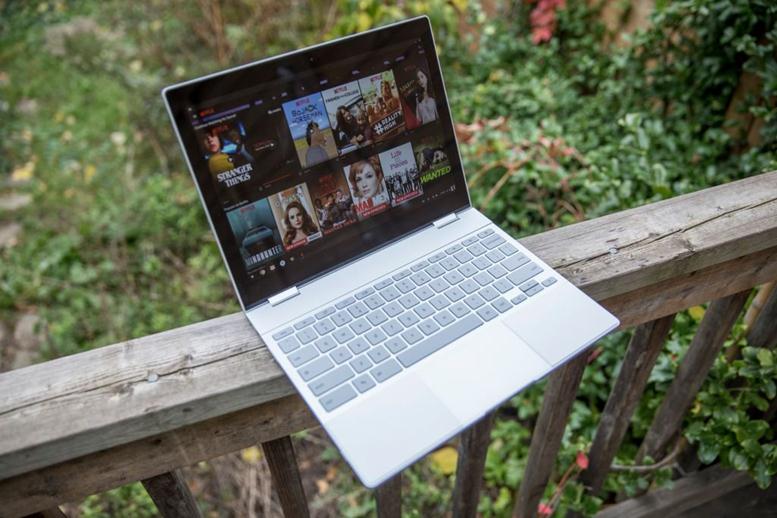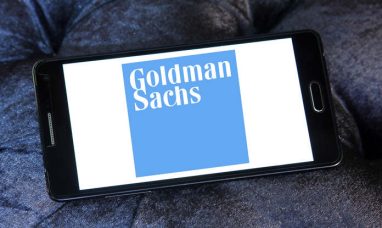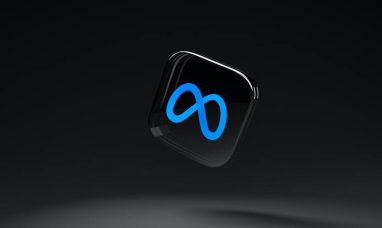Get excited because Chromebooks can now support PlayStore Apps. With this exciting news, Google (NASDAQ:$GOOGL) will no doubt be making even more off of Chrome OS, but it does beg the question, who is profiting the most from Chromebook sales?
The actual number of Google Chromebooks sold cannot be accurately stated, as neither Google nor the Chromebook manufacturers divulge this information, but IDC did estimate that 3 million Chromebooks were sold in 2013, and last year it was confirmed that “Chrome OS overtook Mac OS in the US in terms of shipments for the first time in 1Q’16.” This puts Chromebooks sold in that quarter around 2 million, meaning Chromebook sales grew, on average, 38% a year, an especially impressive feat considering that during that time PC sales were down.
While there are many Chromebook manufacturers, the clear winner in the Chromebook hardware business is Intel (NASDAQ:$INTC), due to the fact that it is dominating the Chromebook market compared to AMD (NASDAQ:$AMD) and NVIDIA (NASDAQ:$NVDA). Knowing this, investors may be more inclined to get in on the action with Intel.
Breaking Down Chrome OS Value
Two of the ways Google could profit from Chromebooks are direct PixelBook sales and cloud storage increase.
Direct PixelBook Sales
Many Chromebooks are designed for students, and so many students grow up using Chromebooks as their primary device, if not their personal computer. To capture these students’ business when they grow up, Google is using the PixelBook.
The PixelBook is a device aimed at eliminating the concept that Chromebooks are “cheap computers for students only.” With the system of the PixelBook being similar to the devices users were using when they were younger, the PixelBook will be what that user wants to buy when they grow up as well. In this way, it will transition from a “student-only” device to one that is designed for users with low computational needs, with the added bonus of operating similarly to the devices they were already using.
Cloud Storage Increase
Generally speaking, Chromebooks are cheaper than laptops because they have a lower storage capacity. Rather than keeping things on the device itself, files are stored in the cloud, with users being to access them at any time. Many people who own Chromebooks use them as their primary device, therefore it is very likely that they will eventually purchase additional cloud storage.
To increase from the free 15GB of cloud storage, a Chromebook user needs only to pay $1.99 a month to get 100GB. 1TB of cloud storage will cost $9.99 a month, and 10TB plus starts at $99.99 a month. Given that most users will eventually upgrade to at least 100GB the more they use and fill their device, Google stands to make a decent and steady revenue off of cloud storage increases.
In addition, there have been many Google AI technologies added to Google Drive and Photos, giving them a competitive edge over competing cloud storage providers and increasing the likelihood that more people will buy directly from them rather than a different cloud storage provider.
The Parallel Trade
As stated above, Intel is dominating the Chromebook market, despite the better pricing for products from AMD and NVIDIA. It is Intel chips that are powering the majority of Chromebooks in the current market. To be fair though, Intel does have a competitive edge, in that Google owns PixelBook, which come with an i5 or i7 processor.
The question remains, then, how much will Intel profit from this domination? According to Intel’s recommended customer price list, the Celeron series costs $107, while the m3 and m5 models go for $281. Even though these prices are not set in stone, due to cryptocurrency mining, it is unlikely that a product will be cheaper than $50 even when the prices become more reasonable. Taking all this into consideration, each Chromebook, therefore, represents about US$150.
In Conclusion
The Chromebook business is booming right now. Chromebooks dominate the student market currently, and will likely be expanding to all PC users in the future (posing a potential cause for concern for Microsoft, or even Apple). The Google valuation hasn’t been hugely affected by this yet, but it undoubtedly will be in the future.
Regardless of what happens, Intel has been benefitting immensely from this uptake in Chromebooks. With a clear and growing demand for “cheap tablets/laptops”, Intel is beginning to look like a good investment for those looking to break into the industry.
Featured Image: twitter











